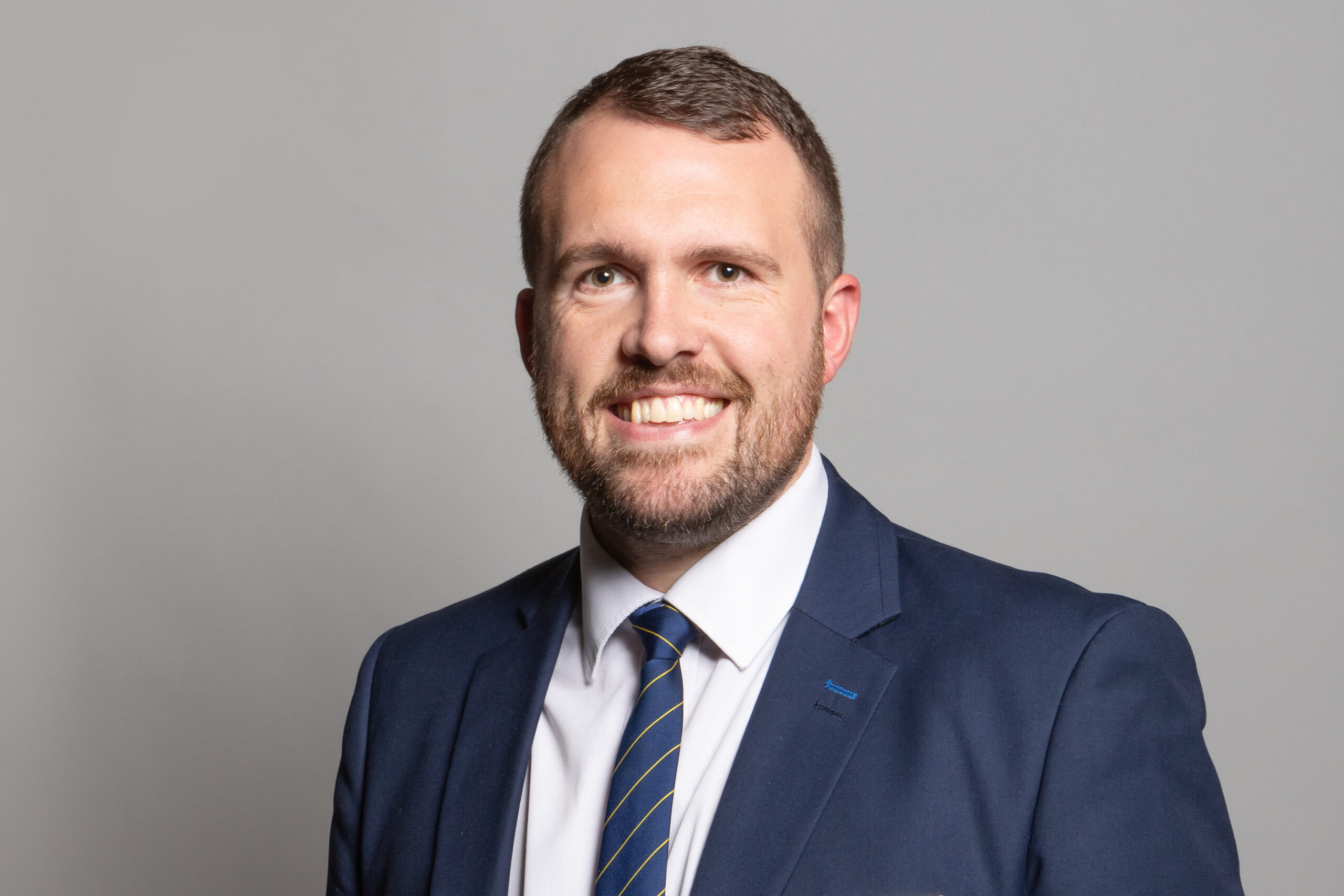Last week, I spoke in Westminster Hall about public access to defibrillators. Defibrillators are critical life-saving devices. Over 30,000 out of hospital cardiac arrests happen each year, and survival rates are persistently low – averaging around 8.5%.
Without CPR or defibrillation, the chances of survival are slim. Each minute without a defibrillator, the chance of survival decreases by 10% – that gives us just ten minutes to save a life.
As Chair of the All-Party Parliamentary Group on Defibrillators, I have heard evidence from people impacted by the lack of access to these life-saving devices and have highlighted this in Parliament.
As set out in the APPG’s report, access to a defibrillator is not a given. For example, deprived areas are far less likely to have access to a defibrillator than more affluent areas and urban areas have twice as many defibrillators as rural areas. This postcode lottery puts lives at risk and the Group advocates for better and equal provision nationwide.
The report suggests that we should treat defibrillators like smoke alarms and mandate them in all public buildings, like the Conservative Government has done in schools through the Defibs4Schools scheme, introduced in 2022. Government initiatives like the £1 million Community Automated Defibrillator Fund are the necessary steps to increase provision, but more needs to be done. We need a coordinated national approach to ensure defibrillators are easily accessible everywhere.
The APPG and I heard from Naomi Issit, who lost her son Jamie outside a school. Tragically, the defibrillator was locked inside the school and the emergency vehicle that came was not equipped with a defibrillator. Whilst it’s welcome that all schools now have defibrillators, we need to make them accessible 24/7 to prevent catastrophes like this happening again.
This story also shone a light on a lack of defibrillators in emergency services. Only 1 in 11 police cars have access to a defibrillator. It makes sense that emergency vehicles should have life-saving devices to increase the likelihood of survival, especially in rural areas where response times for ambulances are slower.
Whilst increasing public access to defibrillators is essential, we need to work towards changing our attitudes to sudden cardiac arrest too. The report recommends better equipping younger generations with life-saving skills. A survey of over 4,000 adults from YouGov showed that a third of people have never learnt CPR. Of that group, nearly half cited a lack of awareness about where to learn and a quarter of respondents said they lacked the confidence to learn.
We heard from the Oliver King Foundation – set up in 2012 by Mark King following the tragic death of his son – who have placed nearly 6,000 defibrillators in schools across the UK. They argue that there should not be a ‘fear factor’ when using a defibrillator and that giving young people life-saving skills is essential.
It would be futile to advocate the increased provision of defibrillators if people do not have the skills to use them. Of course, schools should be our first point of call and current training should be strengthened. On top of that, the APPG’s report makes additional recommendations to enhance the public’s understanding of how to use a defibrillator. This includes replicating the precedent set by a number of European countries including Switzerland, Germany and Austria in mandating defibrillator training in driving tests.
In the UK, around two thirds of young people aged 21 to 29 have a driving licence. This presents us with a remarkable opportunity to empower a significant portion of the population with life-saving capabilities. This is an innovative step which would undoubtedly help save lives.
The APPG’s report highlights some of the barriers that currently exist to rolling out a comprehensive nationwide network of defibrillators. Importantly, there are some key recommendations that would help increase access to defibrillators as well as equip more people with the right skills and confidence to use them.
I urge policy makers to consider the report in detail because, ultimately, lives depend on it.

